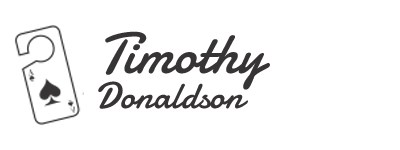If you’re struggling with, or have a child who has been diagnosed with Attention Deficit Hyperactivity Disorder (ADHD), it can be difficult to choose which natural supplements are best for them. This list is intended to serve as a “starter kit” of natural supplements for adhd based upon their various effects on the body and brain.
Magnesium
Some children with ADHD have been found to have a magnesium deficiency. Magnesium has an effect on the reduction of hyperactivity, impulsivity, and attention problems. It is also believed to play a role in the regulation of glucose levels and the transmission of nerve impulses. The typical dosage for magnesium is 10 mg per pound of body weight.
Vitamin B6
Vitamin B6 plays a significant role in the growth, development, and function of brain cells. It also plays a role in the metabolism and nervous system. There is evidence that low blood levels of B6 are linked to a variety of symptoms among children with ADHD, including hyperactivity, depression, developmental delays and poor school performance. The typical dosage for vitamin B6 is 100 mg per day.
L-DOPA (L-Tryptophan)

L-DOPA has been shown to help children with hyperactive disorders especially by reducing excessive motor activity. It has a significant effect on children’s levels of energy and mood. Children with ADHD who have low blood levels of L-DOPA may have trouble focusing attention, concentrating and controlling emotions. The typical dose is 400 mg per day.
L-Tryptophan
L-Tryptophan is an essential amino acid found in protein sources and has been proven to be effective for those with ADHD, who tend to have low blood levels of this amino acid. L-Tryptophan is a precursor for the production of serotonin, norepinephrine and melatonin. This can help with sleep problems, sensory processing sensitivity, as well as depression. The typical dose is 500 mg per day.
Omega-3 Fatty Acids
Some research has shown that kids who have ADHD tend to have lower blood levels of omega-3 fatty acids. These fatty acids play a vital role in brain function and development. Studies have found that kids with ADHD are deficient in both omega-3 and omega-6 fatty acids. The typical dose is 1,000 to 1,500 mg of EPA + DHA per day (in the form of fish oil).

